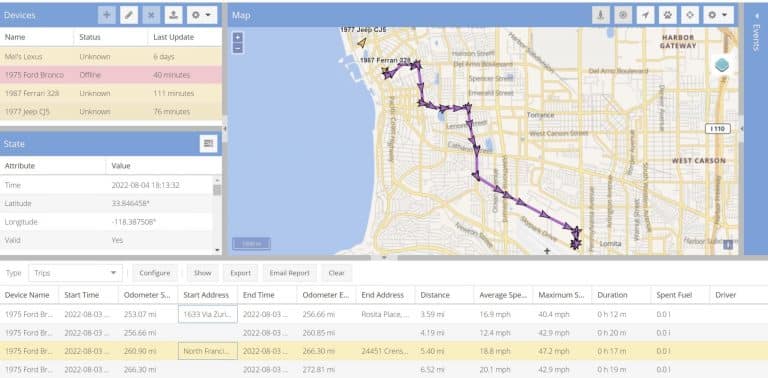In the digital age, data security is paramount for any technology-driven enterprise. This importance is extremely pertinent when it comes to GPS Fleet tracking; where vast amounts of sensitive data involving vehicles, drivers, and routes are generated and processed daily. The security of this data not only preserves the essential functioning of the fleet tracking system but also guards against potential legal, financial, and reputational damage that can result from data breaches.
Understanding GPS Fleet Tracking
Global Positioning System (GPS) Fleet Tracking is a telematics technology that provides real-time location and other data about a fleet of vehicles. This technology aids in efficient fleet management by enhancing route optimization, fuel efficiency, driver management, and maintenance scheduling.
The Need for Data Security in GPS Fleet Tracking
GPS Fleet Tracking produces sensitive data such as vehicle location, driver behavior, fuel consumption, and maintenance requirements. Unauthorized access or exposure of this data can lead to significant risks including fraud, theft, and service disruption. Hence, rigorous data security measures are a necessity.
Ensuring Data Security in GPS Fleet Tracking
Encryption
Encryption involves coding data in such a way that only authorized parties can access it. All data produced by GPS Fleet Tracking should be encrypted during transmission and storage to protect against unauthorized access.
Multifactor Authentication
Implementing multifactor authentication provides additional layers of security. This approach involves validating user identity through multiple verification methods before granting access to the system.
Regular Security Audits
Conducting security audits helps to identify any potential vulnerabilities in the data security protocols. Regular audits ensure that the security measures in place are effective and up-to-date with current threats.
Employee Training
Users of GPS fleet tracking systems must be trained in data security best practices. Education about phishing, strong passwords, and the importance of reporting suspicious activities can significantly reduce the risk of data breaches.
Conclusion
With the rise in cyber threats, securing data from GPS Fleet Tracking has become an absolute necessity. By implementing robust data security practices such as encryption, multifactor authentication, regular security audits, and employee training, businesses can ensure the safe and secure handling of their sensitive fleet data.







